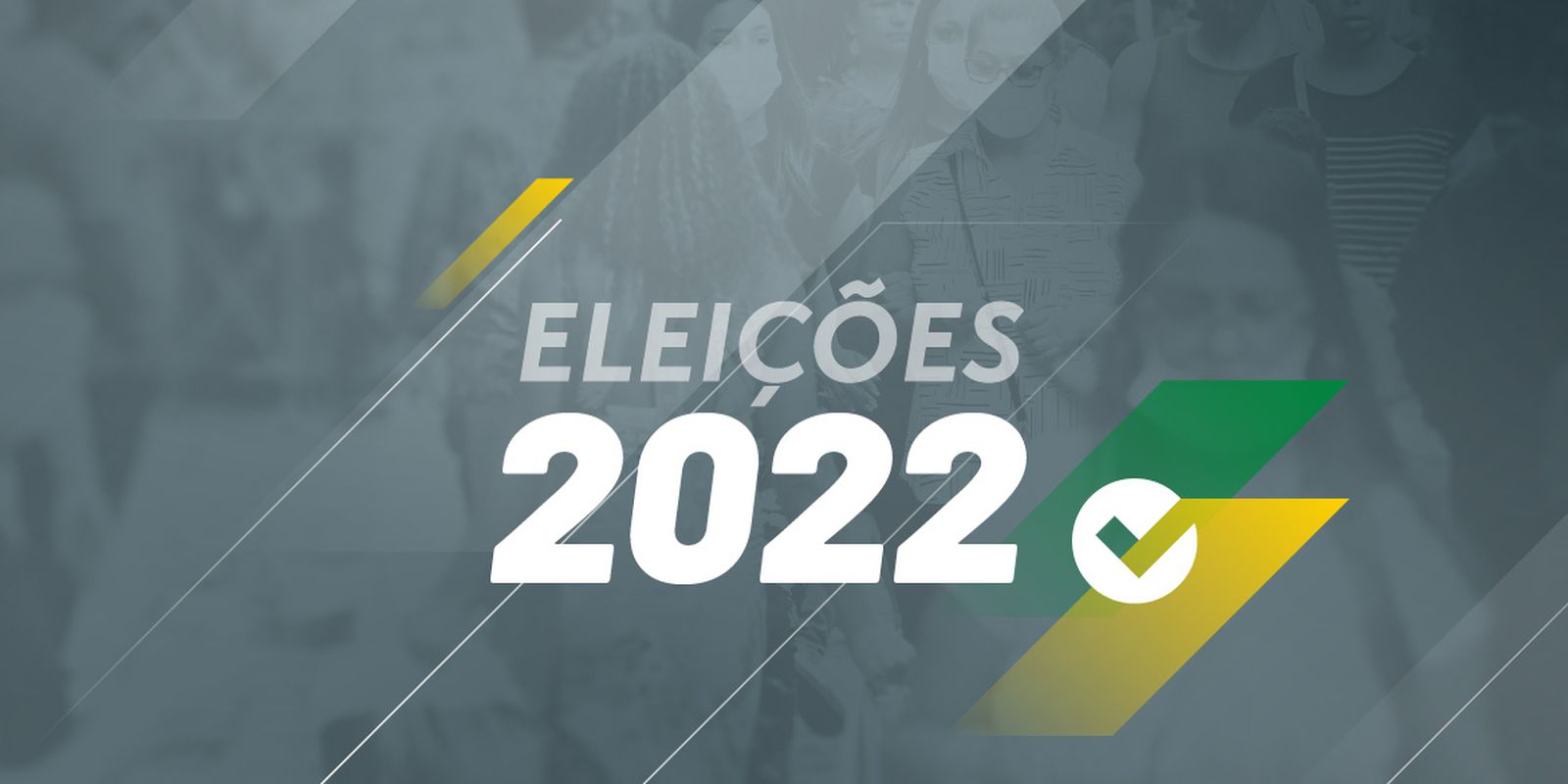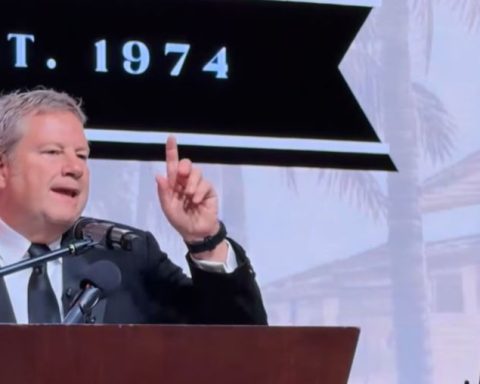The candidate for President of the Republic by Popular Unity (UP), Léo Péricles, took a stand today (5) in favor of the minimum wage for nursing, approved in June by the National Congress and sanctioned last month by the federal government. In a video posted on social media, he criticized the decision published yesterday (4) by the Minister of the Federal Supreme Court (STF), Luís Roberto Barroso, suspending the law.
“If you want to take it from somewhere, it can’t be from the health workers. Brazil is already living under Constitutional Amendment 95, which is the one that froze investments in health and education for 20 years. Health suffers permanent cuts every year and remembering that we are still under a pandemic in which nursing professionals were central to the Brazilian people”, said Léo Péricles.
Approved in 2016, Constitutional Amendment 95 instituted the so-called “spending ceiling”: public expenditures and investments were limited to the same amounts spent in the previous year, adjusted for inflation.
“That they cut bankers, public debt, the very rich, taxing the great fortunes”, defended Léo Péricles. According to him, the floor is an achievement of professionals who are organizing through unions. “All support for this mobilization process,” he added.
Sanctioned last month by President Jair Bolsonaro, the national salary floor for nurses was set at R$4,750. Nursing technicians would be entitled to 70% of this amount, while nursing assistants and midwives would be entitled to 50%. The national floor is valid for employees under the CLT regime and for civil servants from the three spheres (Union, states and municipalities), including municipalities and foundations.
Barroso’s decision was taken within the scope of the Direct Action of Unconstitutionality (ADI) 7222, presented by the National Confederation of Health, Hospitals and Establishments and Services (CNSaúde). The entity claims that the law would be unconstitutional because the rule that defines the remuneration of civil servants is a private initiative of the Chief Executive, which did not happen, and that the rule disrespected the financial, administrative and budgetary self-organization of subnational entities. CNSaúde also maintains that the measure is harmful because the sources of funding to pay the bill were not defined.
Barroso gave a period of 60 days for public and private entities in the health area to clarify the financial impact of the minimum wage, the risks of dismissal in the sector and possible reduction in the quality of services. “In the very approval of the law, a study of the financial impact has already been carried out”, criticizes Léo Péricles.
















